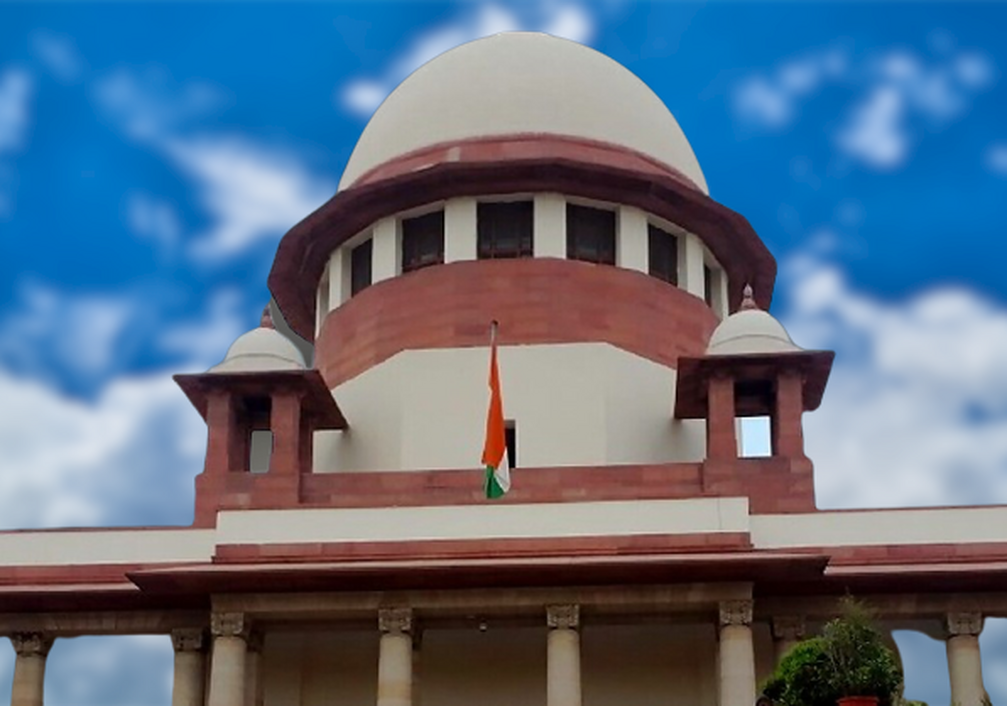Supreme Court acquits man given life term for murdering stepmother, citing lack of evidence
Justices Abhay S Oka & Rajesh Bindal [09-07-2024]

Read Order: RATNU YADAV v. THE STATE OF CHHATTISGARH[SC- CRIMINAL APPEAL NO. 1635 OF 2018]
LE Correspondent
New Delhi, July 10, 2024: The Supreme Court has overturned the conviction of a man, already incarcerated for 11 years, who was given the life sentenceby the trial court for murdering his stepmother in the year 2013. The Top Court found that the prosecution had failed to prove the petitioner’s guilt beyond a reasonable doubt and acquitted him of the charges.
According to the prosecution, RatnuYadav had a land dispute with his stepmother Hemwati Bai and had allegedly assaulted her on March 2, 2013. The prosecution claimed that Yadav had caught hold of Hemwati by her hair, dragged her to the village pond, and drowned her by forcibly immersing her head in the water. However, the Supreme Court noted that there was no direct evidence to support these allegations.
The prosecution relied on the testimony of two key witnesses, Sukhmani Bai (PW-1) and Chaprasi (PW-5). Sukhmani Bai, who was declared a hostile witness, had initially not mentioned in her examination-in-chief that Yadav had confessed to killing Hemwati Bai. The Court found her testimony unreliable due to inconsistencies between her examination-in-chief and cross-examination. Chaprasi, the deceased's brother, had claimed to have seen Yadav dragging Hemwati Bai by her hair towards the pond. However, another witness named Bisoha (PW-2), who was allegedly present at the scene, did not support the prosecution's case. Moreover, a crucial witness named Lakhan, who had allegedly tried to intervene, was not examined by the prosecution.
The Supreme Court also noted that the postmortem report did not show any injury marks on Hemwati Bai's body, which contradicted the prosecution's claim that she had been forcibly dragged. The cause of death was determined to be drowning, but the medical expert could not ascertain whether it was a homicidal or accidental death. Considering the lack of reliable evidence and the failure of the prosecution to examine material witnesses, the Supreme Court held that Yadav's guilt had not been proven beyond a reasonable doubt.
Sign up for our weekly newsletter to stay up to date on our product, events featured blog, special offer and all of the exciting things that take place here at Legitquest.




Add a Comment